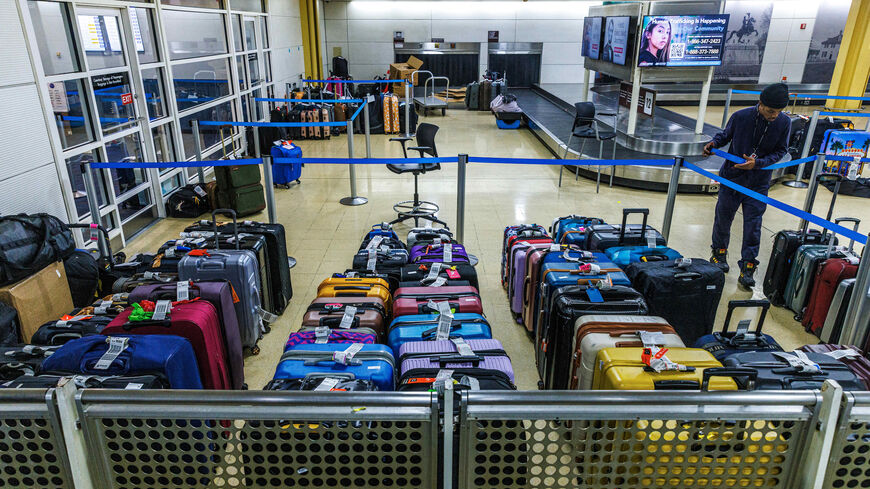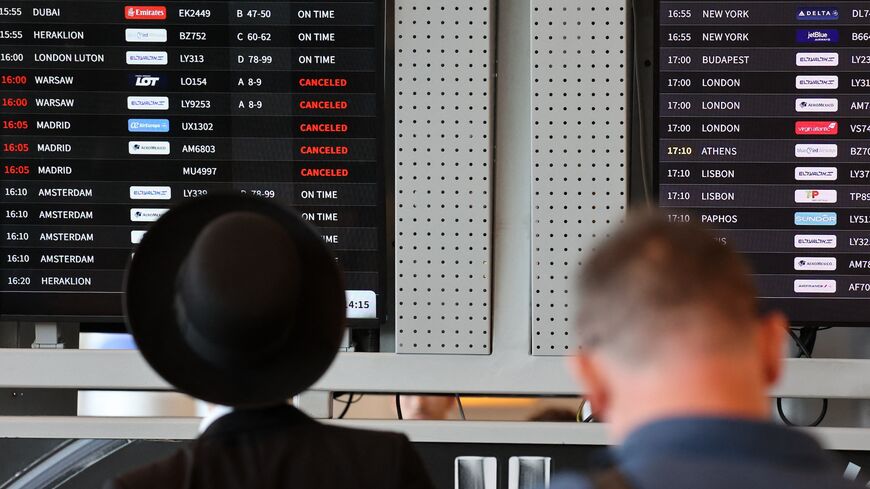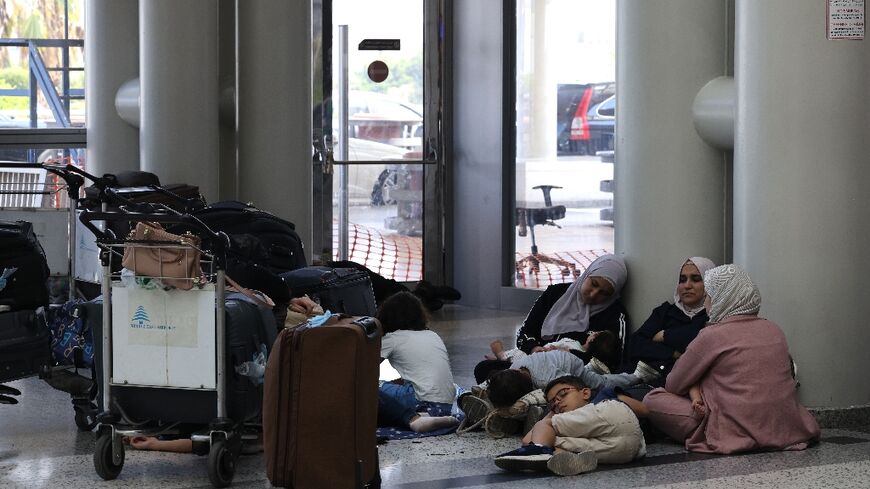Air France to resume Beirut flights as Lufthansa, Ryanair extend suspensions
The escalating conflict between Israel and Iran has international airlines suspending flights to cities across the Middle East.

Air France plans to resume flights to Beirut on Thursday while other international airlines are still avoiding specific regional routes due to increased military tension between Israel and Iran.
Air France said on Wednesday that it will resume service between the Lebanese capital and Paris subject to conditions on the ground.
“At this stage, and subject to the evolution of the security situation at destination, the airline plans to resume its flights between Paris-Charles de Gaulle and Beirut on Thursday, August 15, 2024,” the airline said, as reported by Agence France-Presse.
Air France’s Netherlands-based subsidiary Transavia will resume flights to Lebanon the same day, according to the outlet.
On Monday, Lufthansa said it had extended its suspension of flights to Beirut, Tel Aviv, Tehran, Amman and Erbil until Aug. 21. Ryanair announced the same day that it extended its suspension of Tel Aviv flights to Aug. 26.
Last week, Air India announced that it had suspended flights to Tel Aviv until further notice, while Delta Airlines said it extended its suspension through Aug. 31.
Reuters reported earlier this month that Singapore Airlines has stopped flying over Iranian airspace. United Airlines announced last week that it has suspended Tel Aviv flights for the foreseeable future.
Greece’s Aegean Airlines has canceled flights to Beirut, Amman and Tel Aviv until Aug. 19, according to Reuters.
Why it matters: International airlines have canceled flights to Lebanon, Israel, Iran and other parts of the Middle East in recent weeks due to the developing conflict in the region. Iran is widely expected to conduct an attack on Israel following the assassination of Hamas leader Ismail Haniyeh in Tehran on July 31, and Hezbollah has vowed to strike Israel after the killing of its senior military leader Fuad Shukr in Beirut a day earlier.
Israel confirmed responsibility for the killing of Shukr but has not commented on Haniyeh’s death. Hamas said the leader was killed by Israel.
Know more: The Biden administration has dispatched senior officials to the Middle East this week in an effort to get Israel and Hamas to agree to a cease-fire and prevent an all-out war in the region.
Cease-fire talks in Doha are set to resume on Thursday.







